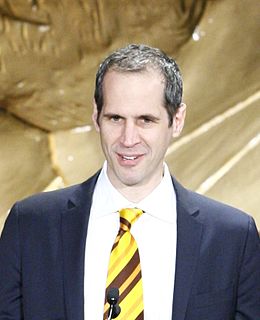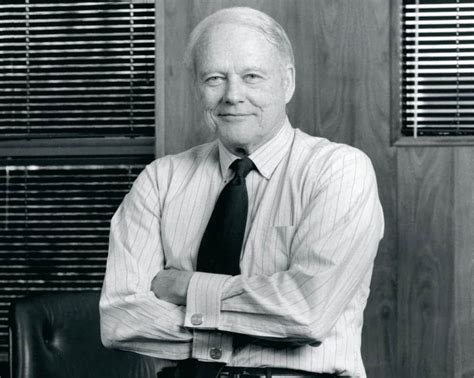A Quote by Darl McBride
And C++ programming languages, we own those, have licensed them out multiple times, obviously. We have a lot of royalties coming to us from C++.
Related Quotes
My impression was and is that many programming languages and tools represent solutions looking for problems, and I was determined that my work should not fall into that category. Thus, I follow the literature on programming languages and the debates about programming languages primarily looking for ideas for solutions to problems my colleagues and I have encountered in real applications. Other programming languages constitute a mountain of ideas and inspiration-but it has to be mined carefully to avoid featurism and inconsistencies.
Although mathematical notation undoubtedly possesses parsing rules, they are rather loose, sometimes contradictory, and seldom clearly stated. [...] The proliferation of programming languages shows no more uniformity than mathematics. Nevertheless, programming languages do bring a different perspective. [...] Because of their application to a broad range of topics, their strict grammar, and their strict interpretation, programming languages can provide new insights into mathematical notation.
I was out there meeting with a lot of working moms and whenever I would gather a group of women, there was always a voice that was unfamiliar to me, and it was the voice of a military spouse, oftentimes a woman, oftentimes working, many times in a position where they've had to move every two or three years, where their kids have had to change school multiple times, people dealing - families dealing with multiple deployments, dealing with the stresses of reconnection.





































